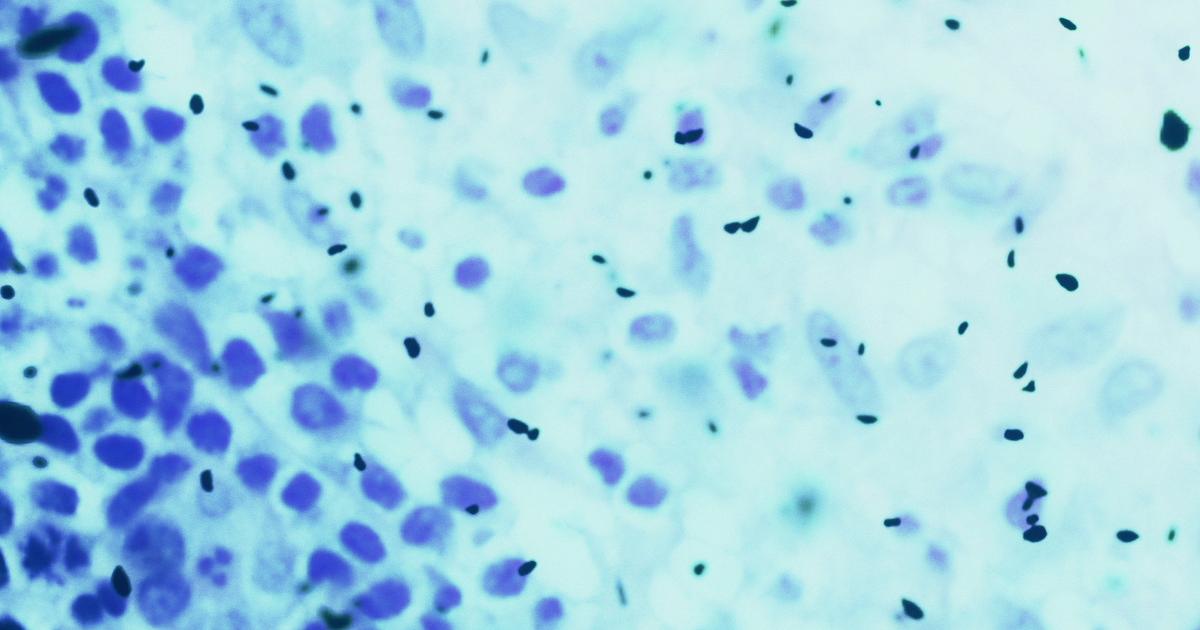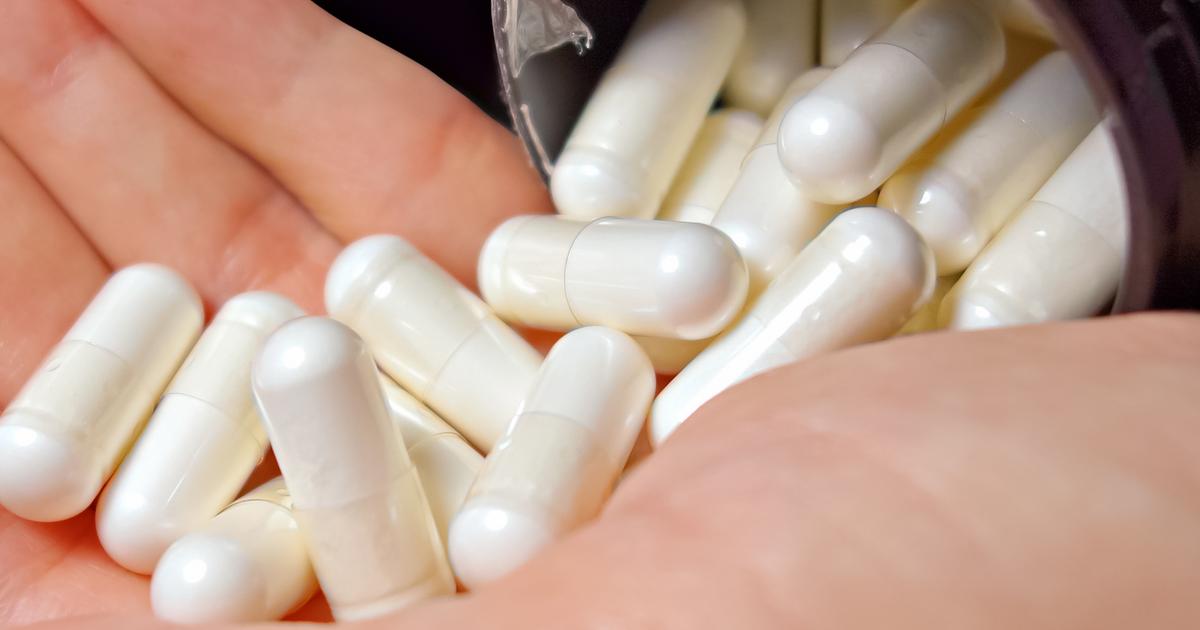Facts Everyone Should Know About Probiotics And Gut Health
The 100 Trillion Different Microorganisms Within The Human Body

Within the human body trillions of diverse microorganisms, some more temporary than others, thrive and perform different functions. These bacteria are critical to protecting the body from infection or disease, digesting and gaining energy from food, as well as influencing metabolism, to name a few.
The complex ecosystem of microorganisms within the body needs to remain balanced to maintain optimum health; if there is a disruption of this delicate system, it can wreak havoc on the body. Some researchers have even hypothesized the increase in food allergies is correlated to a significant disruptive shift in the digestive system's bacteria levels. Although every human has a different optimal balance of bacteria within the body, there is a common core of bacteria and microorganisms within every individual that can be kept healthy with probiotics.
Not All Probiotics Are The Same

As much as 1.2 billion dollars is spent annually on probiotics in the United States alone, but many who buy probiotics are unaware of the differences in products and bacteria strains. Even different strains of the same bacteria may not have the same health benefits as their counterparts within the same species. Lactobacilli and Bifidobacteria are the two most common types of probiotic bacteria because of their well-known health benefits.
Becoming familiar with a probiotic that will benefit health as well as being aware of dosage and expiry dates are essential practices when incorporating probiotics into a diet. Because of the diverse bacteria within the digestive system, evaluation on a case-by-case basis is critical in ensuring the right probiotic is selected for inclusion. Scientists have yet to study all of the probiotic bacteria in existence, but research asserts not all probiotics are equal in health benefits.
